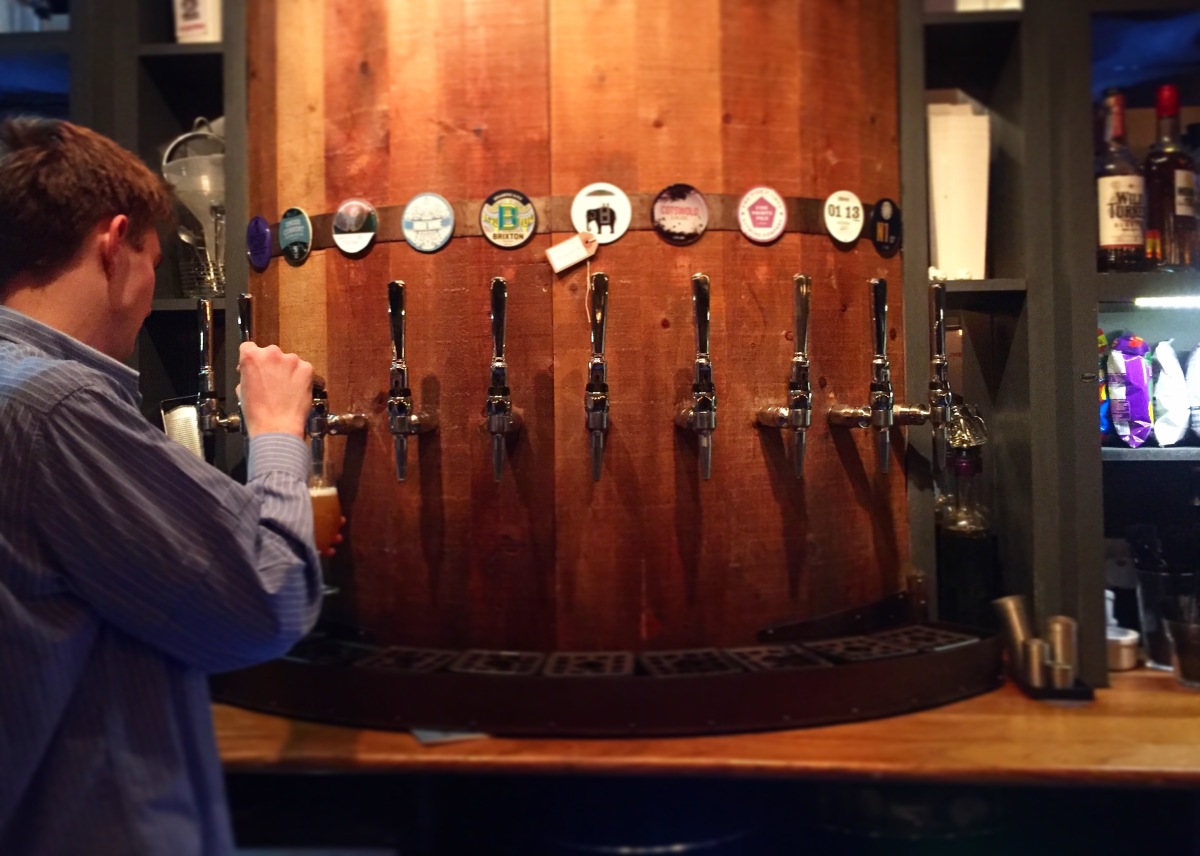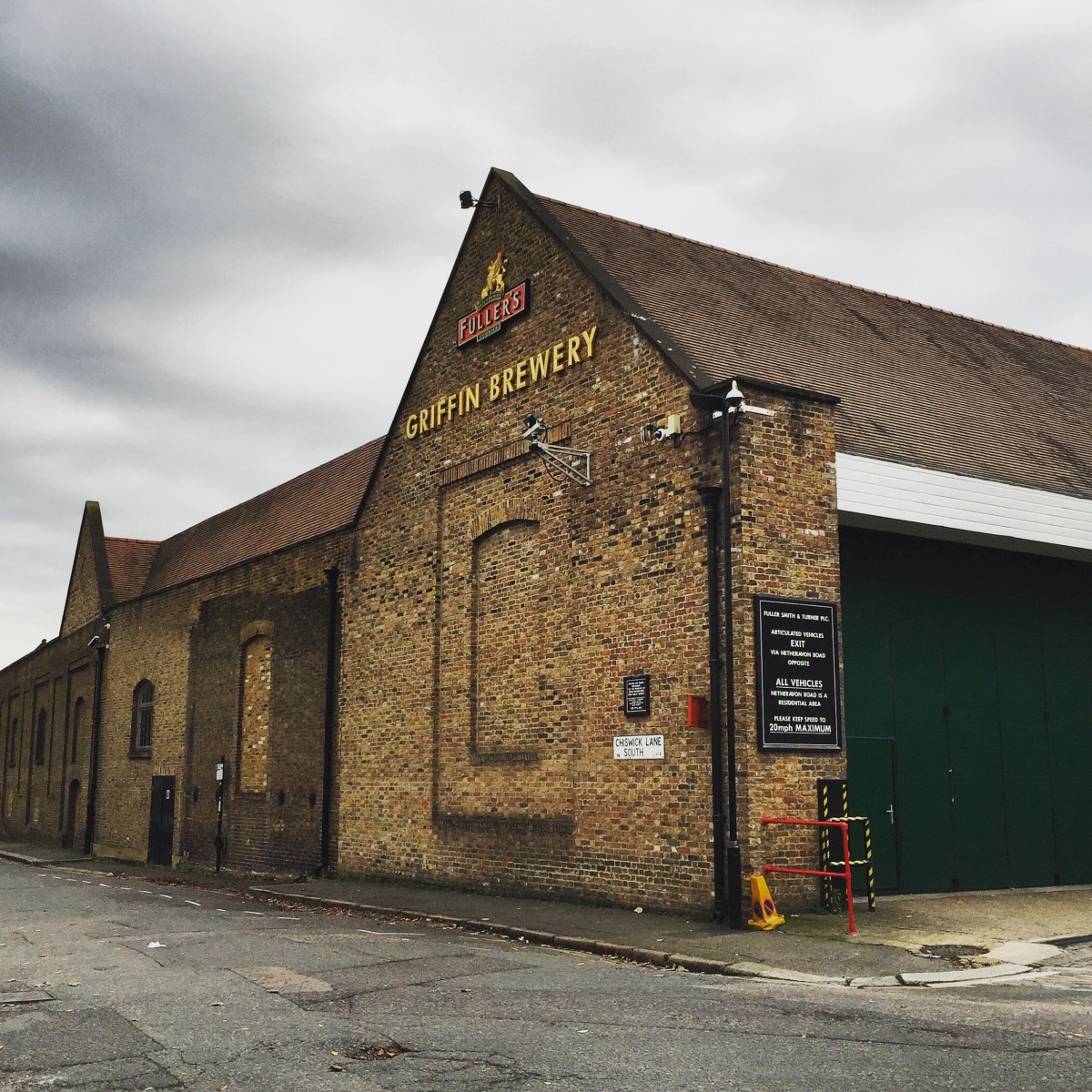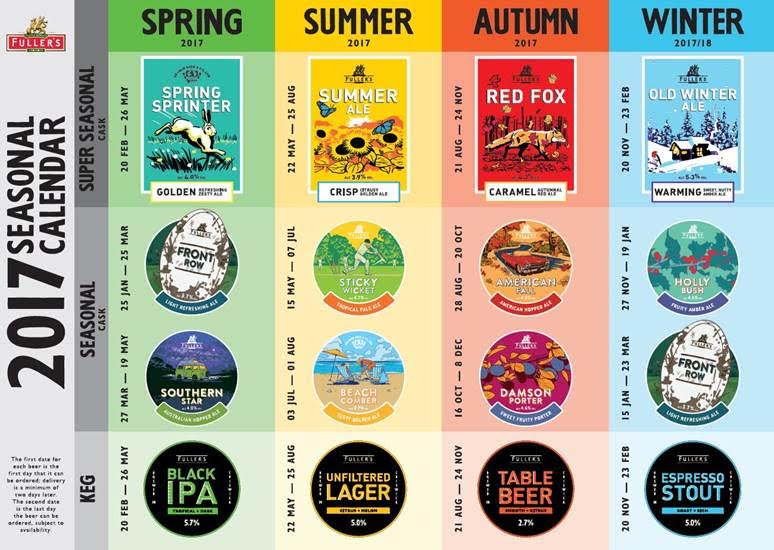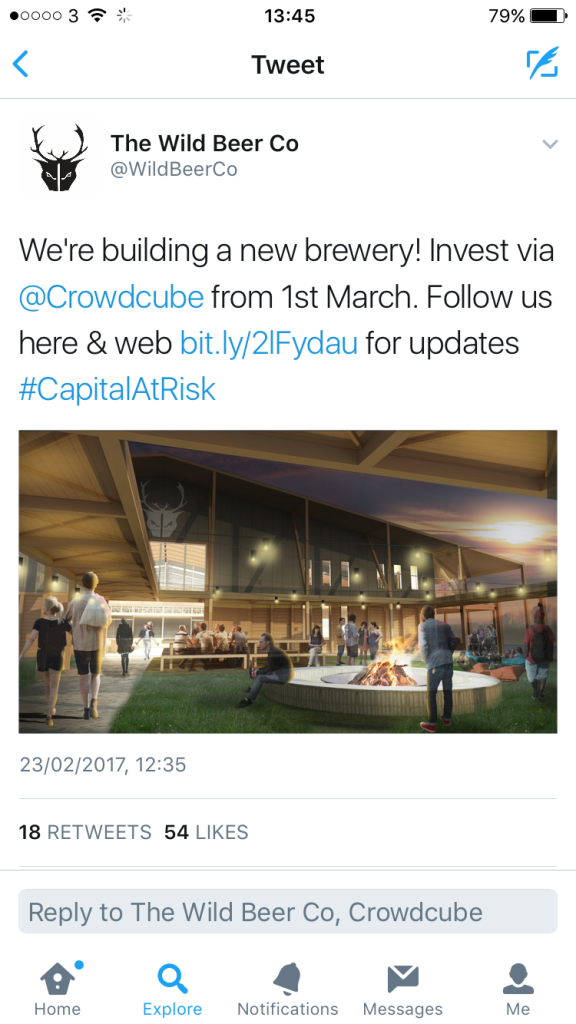What Toast Ale and Brewgooder can learn from Kickstarter, Brewing Business Models and Left Hand Brewing Co
- Kickstarter: this week saw Kickstarter, the creativity focused crowdfunding platform, release its first Benefit Statement since becoming a Public Benefit Corporation. In 2015 Kickstarter changed its corporate entity from a for-profits, incorporated company to a public benefit corporation. According to their statement at the time, this means “positive impact on society becomes part of a Benefit Corporation’s legally defined goals.”. You can read their charter here and their first benefit statement here. While they remain a for-profit organisation, they have some very specific goals, including their approach to diversity, executive pay and taxation. In addition, Kickstarter will annually donate 5% of its after-tax profit towards arts and music education, and to organizations fighting to end systemic inequality and in their statement have outlined the projects that have received the funding. This got me thinking about both Toast Ale and Brewgooder, both breweries founded on a similar mission to benefit the public. Both Toast Ale and Brewgooder are focused on totally admirable causes and both are garnering no shortage of publicity and that should be applauded and appreciated. Toast Ale is focused on the problem of food waste, to help turn food, and more specifically bread waste into a product that can be used and sold. Brewgooder focused on bringing fresh water to people that need it most. Both have a stated goal to donate 100% of profits. This is where I have questions. Firstly, how profitable are a start up brewery? If Cloudwater’s results after 2 years of trading are anything to go by, it’s a challenge. Stella Artois have this week announced a similar water campaign, with a donation based on units sold, rather than profits. Kew Brewery also provides a charitable donation on units sold. This is more guaranteed, and punters who support the beer know their contribution is based on the fact they have bought the beer, rather than the breweries ability to turn a profit. But even if they are turning a profit and donating that to their admirable causes, why haven’t they announced it? I know there is a huge difference between Kickstarter, a company with an 8 year track record and a multi-million dollar revenue line, and start ups like Toast Ale and Brewgooder, however when marketing is based solely on this messaging, a little more transparency regarding their philanthropic pursuits, would be appreciated.
- Business models: unless you didn’t read last week’s post, by now you will have noticed that Wild Beer Co is crowdfunding in a bid to raise £1m (which at the time of writing they had raised £993,080). They are on track to smash their target and rightly so as they appear to have done their homework, with a very well prepared campaign and business case. You would expect no less however when one of your non-executive directors is the COO/CFO of Crowdcube. What stood out for me in the financials was how much having two pubs, Jessop House in Cheltenham and Wapping Wharf in Bristol, strengthened their financial position. It got me thinking about the different business models of craft breweries. There is the opposite of the Wild Beer Co approach where pubs have started breweries, such as Long Arm Brewing started by the ETM Group, or the plans for the new brewery on the site of The Prince, N22, sister pub of the Dukes Head. Both Camden and Beavertown started in the basement of pubs. Or the traditional craft brewery in a railway arch / industrial lot with a makeshift taproom, or even Yeastie Boys, who design recipes, packaging, undertake the marketing and sales and partner with a brewery to brew the beers to their exacting standards. I’m sure there is advantages and disadvantages to every business model, but its up to the founders to really decide where they want to begin and what they want from their brewery. Do the drinkers really care?
- Left Hand Brewing Company: I attended a fantastic event at Brew by Numbers last week, who hosted Left Hand Brewing Company, from Longmont Colorado for a special event of big beers. Chris Hall was delighted to start the night with their 55|04, an 8.5%ABV Double IPA. Chris Lennert, the effervescent COO of Left Hand was also there, the final stop of a whirlwind visit to Britain and Ireland, championing independence and appreciating good beer. I had met Chris at an event Left Hand did with Camden and Beavertown around 2 years ago. What really stood out for me that night was how Chris was the only one from the three breweries there who made the effort to go and speak with everyone in the room – It certainly made an impression. What I remembered this time was their beer – St Vrain, a 3 year old Belgian Tripel, Widdershins, a 3 year old oak aged Barley Wine, and Wake Up Dead, a 2 year old oak aged Imperial Stout. (You can find some picture of the event on my instagram @bushcraftbeer) All were exquisitely made and aged, especially when compared with some of the younger, but no less accomplished beers Brew by Numbers were serving. While you may know Left Hand Brewing from their Nitro Stout, and having a flagship beer certainly helps (think Brooklyn Lager, Goose IPA), there is always more to a good American Craft Brewery, especially one that is 24 years old, than a flagship beer. And usually some really great people too.



